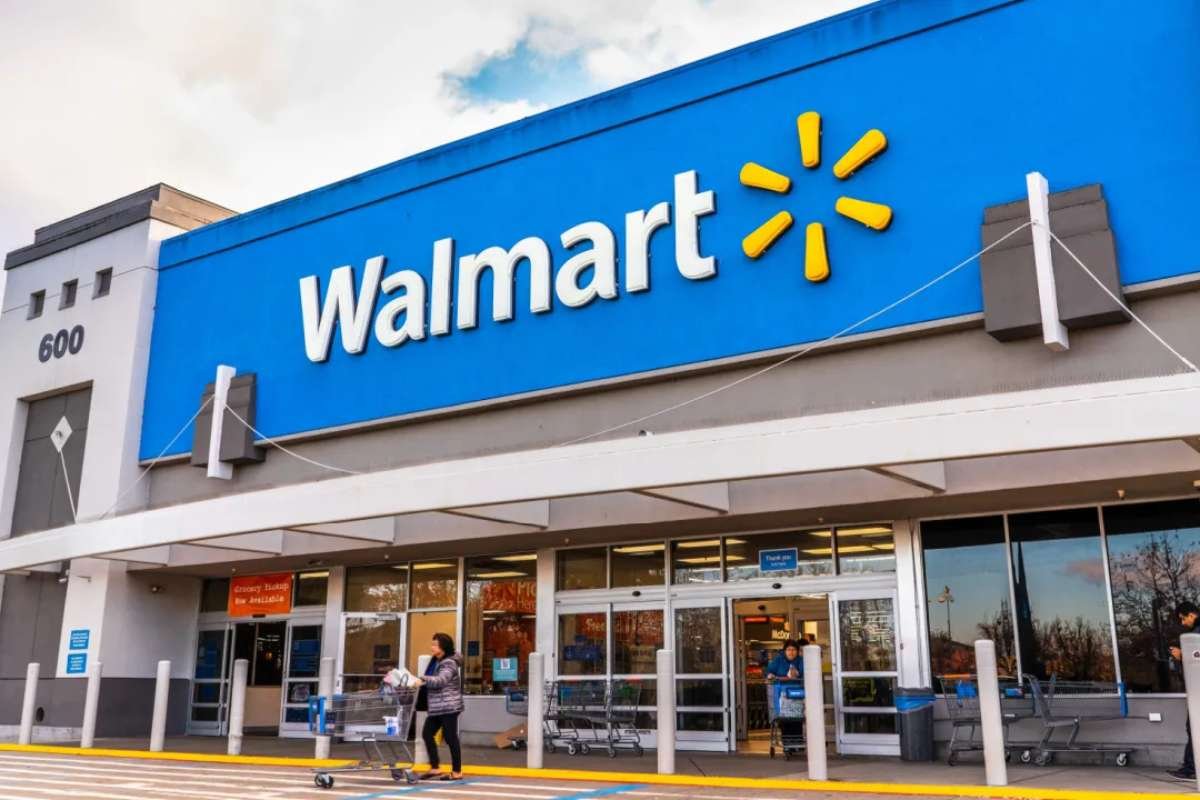Key Points:
- PepsiCo beat Q3 estimates with $23.94B revenue and $2.29 EPS.
- Global gains offset U.S. beverage volume drop of 3%.
- Strategic overhaul underway: product cuts, plant closures, and leadership changes.
PepsiCo Beats Q3 expectations with stronger-than-anticipated results for 2025, reporting revenue of $23.94 billion, up 2.7% year-over-year, despite ongoing challenges in beverage demand. The company’s net income slipped by 11% to $2.6 billion, but adjusted earnings per share of $2.29 surpassed Wall Street expectations, reflecting solid pricing power and operational resilience.
While beverage volumes declined for the twelfth consecutive quarter, and food segment sales also softened, PepsiCo’s pricing strategy and steady international performance helped offset these pressures. The company’s stock climbed nearly 4% in after-hours trading following the announcement, as investors responded positively to the better-than-expected earnings and the company’s updated guidance.
PepsiCo now anticipates a 0.5% decline in full-year core EPS, improving from its earlier forecast of a 1.5% drop, signaling growing confidence in its cost management and global operations. Executives cited disciplined pricing, enhanced efficiency, and a focus on high-performing brands as key drivers behind the improved outlook.
Leadership Transition and Strategic Reshaping
In a notable leadership change, PepsiCo announced that long-time CFO Jamie Caulfield will retire in November, with Steve Schmitt, currently Walmart U.S.’s finance head, set to succeed him. The transition comes as PepsiCo pushes forward with its transformation agenda, designed to adapt to evolving consumer habits and intensifying market competition.
PepsiCo Beats market expectations with a renewed focus on product innovation, operational streamlining, and expansion into functional beverages. CEO Ramon Laguarta announced plans to launch a Starbucks Coffee + Protein line and other fortified drinks in early 2026 to meet rising demand for health-conscious options. PepsiCo will also introduce smaller and more affordable pack sizes to cater to price-sensitive consumers and drive volume recovery.
Alongside innovation, PepsiCo is implementing cost-cutting measures across its snack and beverage divisions, including closing select facilities and trimming up to 15% of its product lines. This strategic pruning is intended to simplify operations and strengthen the company’s core portfolio.
PepsiCo Beats restructuring headwinds as it faces mounting pressure from activist investor Elliott Management, which has taken a multi-billion-dollar stake in the company. Elliott has urged management to consider refranchising its bottling operations, divesting underperforming assets, and focusing on high-margin categories. Laguarta described the ongoing discussions as “constructive,” emphasizing that many of Elliott’s suggestions align with PepsiCo’s long-term strategy.
Balancing Optimism with Market Realities
Despite the upbeat earnings, PepsiCo continues to navigate complex market dynamics. Persistent volume declines in North America reflect consumers’ increasing sensitivity to price hikes and shifting preferences toward healthier alternatives. Inflation, rising raw material costs, and tariff pressures remain additional headwinds.
Nevertheless, the company remains cautiously optimistic. Its upgraded guidance, innovation pipeline, and efficiency initiatives suggest confidence in stabilizing performance in the quarters ahead. PepsiCo’s emphasis on affordability, health-focused products, and operational discipline is seen as pivotal to regaining volume momentum without eroding margins.
PepsiCo Beats expectations as it enters a critical transformation phase, with its ability to balance profitability and market share recovery likely to shape near-term success. Investors will closely watch whether its blend of strategic innovation and cost discipline can reignite sustainable growth.


















